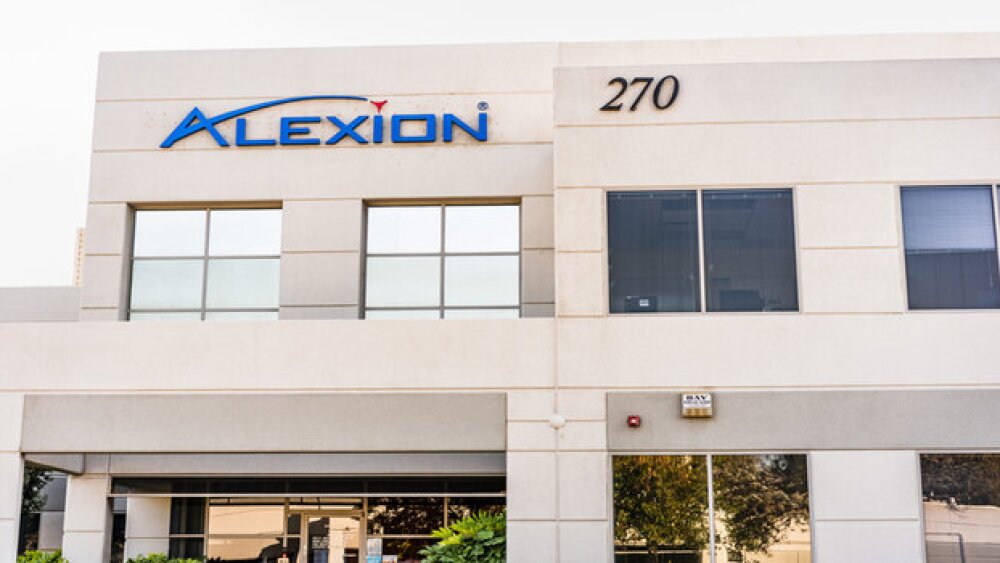After nearly seven years, the company’s rare diseases arm Alexion has reached a settlement in an investors’ lawsuit over alleged unethical sales practices for its hemoglobinuria therapy Soliris.
Pictured: Alexion headquarters in California/iStock, Sundry Photography
AstraZeneca’s rare diseases arm Alexion on Wednesday reached a settlement with its investors over a 2016 lawsuit alleging illegal and unethical sales practices for its hemoglobinuria therapy Soliris (eculizumab), as reported by Bloomberg Law.
Under the settlement, which the parties are still seeking a judge’s approval for, Alexion will not have to admit wrongdoing but will make a $125 million payment to resolve claims that it boosted sales for Soliris.
The investors first filed their class action complaint in 2016, a few weeks after the rare disease specialist announced that it was looking into whistleblower reports that some Alexion personnel had “engaged in sales practices that were inconsistent with company policies,” particularly involving its lead asset Soliris, Alexion said in a press release at the time.
In their lawsuit, the investors claimed that Alexion made false or misleading statements regarding its sales practices for Soliris which, in turn, inflated the therapy’s revenues and were likely unsustainable. The investors also alleged that this resulted in misleading public pronouncements from the company.
Amid the Soliris controversy, in December 2016, former Alexion CEO David Hallal and CFO Vikas Sinha stepped down from their posts. At the time, Hallal said his resignation was due to “personal reasons,” while Sinha cited the decision to “pursue other opportunities.”
In its third-quarter 2016 earnings report, posted January 2017, Alexion revealed the results of its investigation into the whistleblower allegations, announcing that it found that “senior management applied pressure on personnel to use pull-in sales to meet targets.”
This sales tactic involves placing orders for Soliris in an earlier fiscal quarter than when the therapy is needed by a customer. This artificially increases that quarter’s sales at the cost of a reduction in revenue in the subsequent quarter.
Despite acknowledging that these pull-in practices occurred, Alexion nevertheless said that these “are not inherently problematic or impermissible,” as long as they are conducted in accordance with U.S. regulations. The audit committee that conducted the investigation likewise agreed that there were “no financial statement errors related to the pull-in sales.”
Since then, there have been several other inquiries into Alexion’s business practices. In July 2017, the Department of Health and Human Services launched a probe into the company for its alleged support of charities that provide financial assistance to Medicare patients taking Alexion’s products.
AstraZeneca bought Alexion in December 2020 for $39 billion.
Tristan Manalac is an independent science writer based in Metro Manila, Philippines. He can be reached at tristan@tristanmanalac.com or tristan.manalac@biospace.com.






